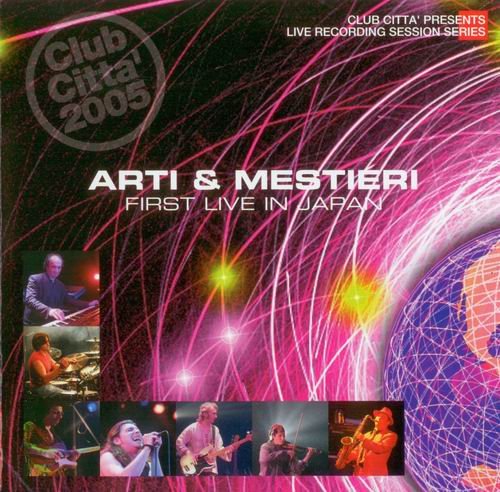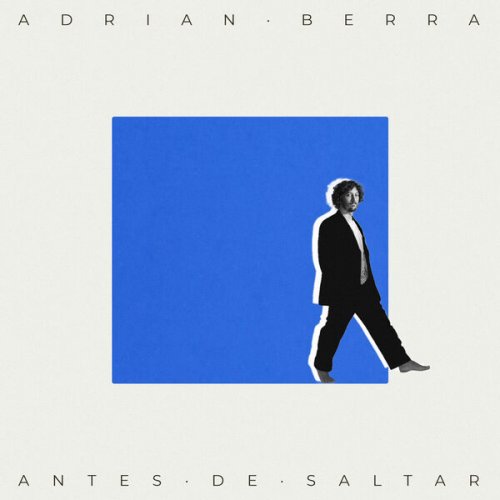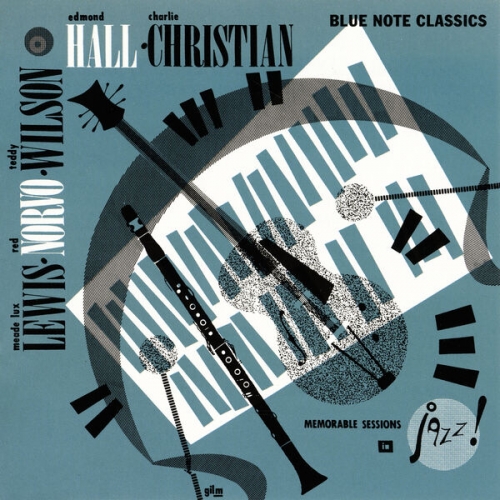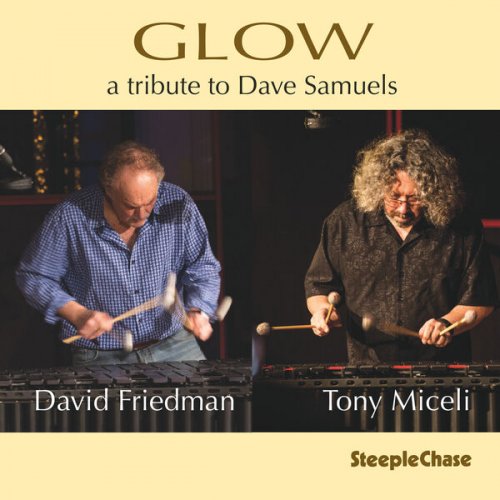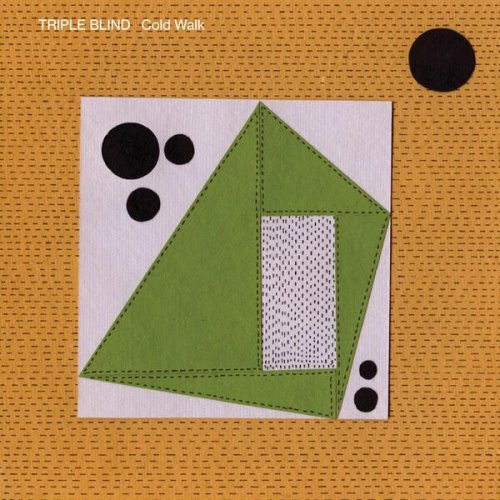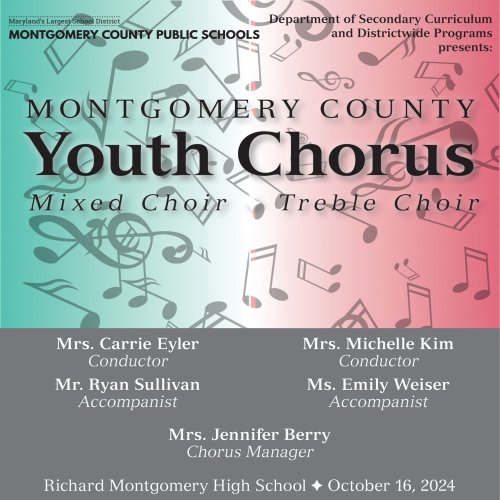Anna Romanovská - Jsem Navzdy Jednim Z Nas (2021)
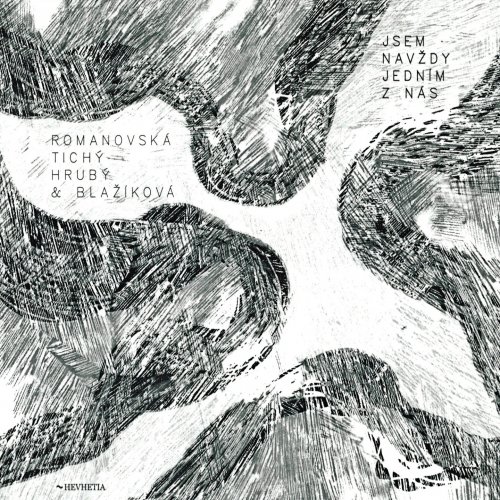
Artist: Anna Romanovská, Hana Blažíková, Petr Tichý, Michal Hruby
Title: Jsem Navzdy Jednim Z Nas
Year Of Release: 2021
Label: Hevhetia
Genre: Classical, Jazz
Quality: FLAC (tracks)
Total Time: 53:16 min
Total Size: 209 MB
WebSite: Album Preview
Tracklist:Title: Jsem Navzdy Jednim Z Nas
Year Of Release: 2021
Label: Hevhetia
Genre: Classical, Jazz
Quality: FLAC (tracks)
Total Time: 53:16 min
Total Size: 209 MB
WebSite: Album Preview
1. Jsem Navzdy Jednim Z Nas (I Am One Of Us Forever)
2. Mezi ptaky (Among Birds)
3. Gion Kouta
4. Potrebuju skripat (Need Cracking)
5. Rosa Das Rosas
6. Zdraj pocasi (Weather Source)
7. Xicochi Conetzintle
8. Muchlaz
9. Posiedni poprve (Last for First Time)
10. Triste plaisir et douleureuse (Sad Pleasure and Sorrowful Joy)
There is a trio of original musicians on the Czech avant-garde scene, who are full of free improvisation with extraordinary expressive diversity, refined insight into the subtlest nuances of sound and a significant dose of spiritual immersion, which is completely unique in the heart of Europe. All you need is acoustic instruments, no drums. (Exceptions are occasional appearances with Klaus Kugel, of course.) The ROMANOVSKÁ / TICHÝ / HRUBÝ trio recently released a novelty that poetically says "I'm forever one of us". It was preceded by two excellent albums, also released on the Hevhetia label (and peer-reviewed): eponymous (2018) and last year's "It Was Just". However, this time Anna Romanovská (violin, koto), Petr Tichý (double bass) and Michal Hrubý (clarinets, flute) is joined by Hana Blažíková, a soprano and harpist who specializes in medieval and baroque music at the world level!
The annotation to one of their joint concerts is: Old music in a new guise? New music in the old? Something completely different? The combination of free improvisation with antiquity songs on this album works, and it sounds completely natural. And do you know why? Because the protagonists did not ask these questions during the creation. And if they put them down, they ignored the answer. Medieval and baroque music were very close to improvisation, including songs that the performers handled rhythmically and harmonically more freely than strictly, and precisely that modern notation suggested. That is why Blažíková's vocals fit organically into instrumentals, which are mostly created by collective improvisation, which is why the clarinet naturally illustrates, for example, medieval spirituality. I don't know which of the four actors came up with this merger, but for the R / T / H and Blažíková trio it means another shift in the creation and blessing of the relentlessly inevitable state, when the creators repeat themselves, recycle their music, and actually steal it themselves. myself.
Although 53 minutes of music float on the wings of a non-aggressive, entirely sound-lyrical, even meditative and dreamy expression, there are also emotions, passions and nervousness. However, they boil in a subdued way, especially in non-idiomatic improvisations. As a result, they are also more audible. Despite the title, even sparks of timbres will flash in the song "I need to squeak", a pleasant bass clarinet motif will come out of "Muchláže 2", whose inspiration is artistic. After all, you can judge here. Then there are the collective pieces, which literally caress, even if they push here and there, but they do not cause an unpleasant feeling. "Between the Birds" with the beautiful Romanov text, by the way half-whispered ("between the words, between the letters, I find nothing more than a white sheet of paper") in the end he will take over his true rhythmic role and cut out a short solo. The "weather source" is loosely relaxed at first, when only the clarinet changes dynamics; eventually there will be an eruptive upliftment of all instrumental voices, which will eventually sink into meditative silence. The song "The Last First Time" (by the way, the most large - 6:36) mixes playfulness, soprano climbing to the top, a predatory clarinet, celestial violin trills and also minimalist dramatization. Michal Hrubý is signed under the introductory (and title) piece "I am forever one of us"; inner musical flow, smooth, immersive, amplified by vocals, bass clarinet and double bass played by a bow.
And among these instrumentals are songs that breathe timeless feelings, love, faith, humility. Regardless of the centuries of origin, they are the essence of the present, which so much needs hope. Hana Blažíková sings breathtakingly, with her heart, soul, and at the same time bloody, she gushes with interest, passion, faith and joy. Her accompanying harp is also significant, which marries with other instruments in some places intoxicating. In the Japanese traditional song "Gion Kouta", Blažíková's soprano literally strokes and hugs, which is extremely combined with the love content (secret love for the geisha). The all-encompassing humility is fulfilled by the Gothic song "Rosa das rosas" from the Spanish collection of songs singing to the Virgin Mary "Cantigas de Santa Maria". The Baroque "Xicochi conetzintle" by Gaspar Fernandes, organist of Pueblo Cathedral in Mexico, represents the influence of Nahua's indigenous culture on colonial Spanish music; therefore, it is more expressive, enlightened, almost dancing. The album concludes with the extremely captivating "Triste plaisir et douleureuse joye" (Sad Pleasure and Painful Joy), written in the first half of the 15th century by Gilles Binchois, a representative of Franco-Flemish polyphony, in the words of Alain Charlier.
In a word: A gem!
The annotation to one of their joint concerts is: Old music in a new guise? New music in the old? Something completely different? The combination of free improvisation with antiquity songs on this album works, and it sounds completely natural. And do you know why? Because the protagonists did not ask these questions during the creation. And if they put them down, they ignored the answer. Medieval and baroque music were very close to improvisation, including songs that the performers handled rhythmically and harmonically more freely than strictly, and precisely that modern notation suggested. That is why Blažíková's vocals fit organically into instrumentals, which are mostly created by collective improvisation, which is why the clarinet naturally illustrates, for example, medieval spirituality. I don't know which of the four actors came up with this merger, but for the R / T / H and Blažíková trio it means another shift in the creation and blessing of the relentlessly inevitable state, when the creators repeat themselves, recycle their music, and actually steal it themselves. myself.
Although 53 minutes of music float on the wings of a non-aggressive, entirely sound-lyrical, even meditative and dreamy expression, there are also emotions, passions and nervousness. However, they boil in a subdued way, especially in non-idiomatic improvisations. As a result, they are also more audible. Despite the title, even sparks of timbres will flash in the song "I need to squeak", a pleasant bass clarinet motif will come out of "Muchláže 2", whose inspiration is artistic. After all, you can judge here. Then there are the collective pieces, which literally caress, even if they push here and there, but they do not cause an unpleasant feeling. "Between the Birds" with the beautiful Romanov text, by the way half-whispered ("between the words, between the letters, I find nothing more than a white sheet of paper") in the end he will take over his true rhythmic role and cut out a short solo. The "weather source" is loosely relaxed at first, when only the clarinet changes dynamics; eventually there will be an eruptive upliftment of all instrumental voices, which will eventually sink into meditative silence. The song "The Last First Time" (by the way, the most large - 6:36) mixes playfulness, soprano climbing to the top, a predatory clarinet, celestial violin trills and also minimalist dramatization. Michal Hrubý is signed under the introductory (and title) piece "I am forever one of us"; inner musical flow, smooth, immersive, amplified by vocals, bass clarinet and double bass played by a bow.
And among these instrumentals are songs that breathe timeless feelings, love, faith, humility. Regardless of the centuries of origin, they are the essence of the present, which so much needs hope. Hana Blažíková sings breathtakingly, with her heart, soul, and at the same time bloody, she gushes with interest, passion, faith and joy. Her accompanying harp is also significant, which marries with other instruments in some places intoxicating. In the Japanese traditional song "Gion Kouta", Blažíková's soprano literally strokes and hugs, which is extremely combined with the love content (secret love for the geisha). The all-encompassing humility is fulfilled by the Gothic song "Rosa das rosas" from the Spanish collection of songs singing to the Virgin Mary "Cantigas de Santa Maria". The Baroque "Xicochi conetzintle" by Gaspar Fernandes, organist of Pueblo Cathedral in Mexico, represents the influence of Nahua's indigenous culture on colonial Spanish music; therefore, it is more expressive, enlightened, almost dancing. The album concludes with the extremely captivating "Triste plaisir et douleureuse joye" (Sad Pleasure and Painful Joy), written in the first half of the 15th century by Gilles Binchois, a representative of Franco-Flemish polyphony, in the words of Alain Charlier.
In a word: A gem!

![Mammal Hands - Circadia (2026) [Hi-Res] Mammal Hands - Circadia (2026) [Hi-Res]](https://www.dibpic.com/uploads/posts/2026-02/1771945393_folder.jpg)
